A recent study by Mwelekeo Insights has shown that many young women in Nairobi are rethinking marriage.
The research focused on women aged 30 and below, and the results suggest that traditional expectations about marriage are changing. More women are prioritizing their careers, financial independence, and personal freedom instead of rushing into marriage.
One of the most interesting findings from the study is that 53% of the women surveyed prefer to remain single. This is a big shift from the past when marriage was seen as an important milestone in a woman’s life.
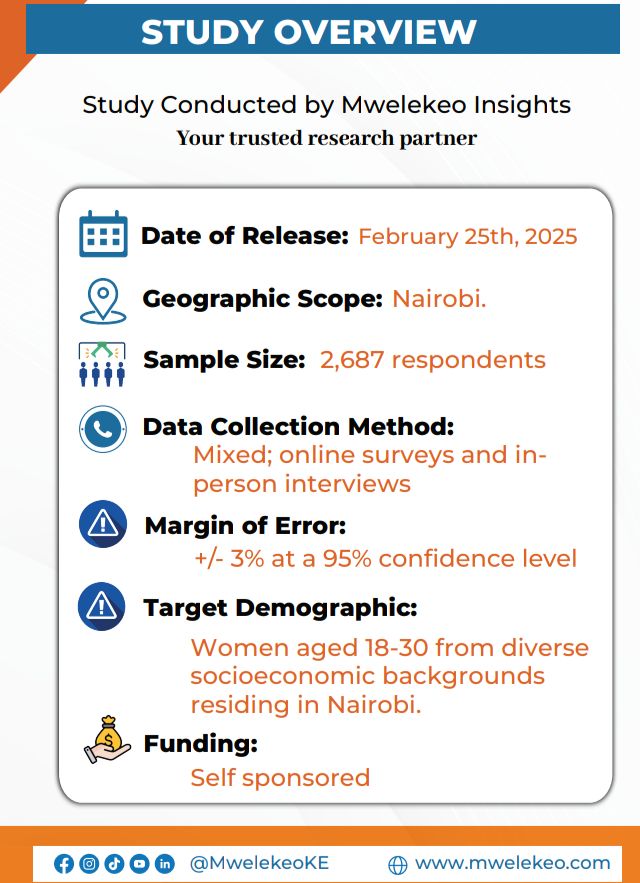
Today, more young women feel that being single allows them to focus on their personal goals without the pressures that come with marriage. Many believe that marriage is no longer the only path to happiness or success.
The issue of personal freedom also stood out in the study.
About 60% of the women said they were afraid that marriage could limit their independence.
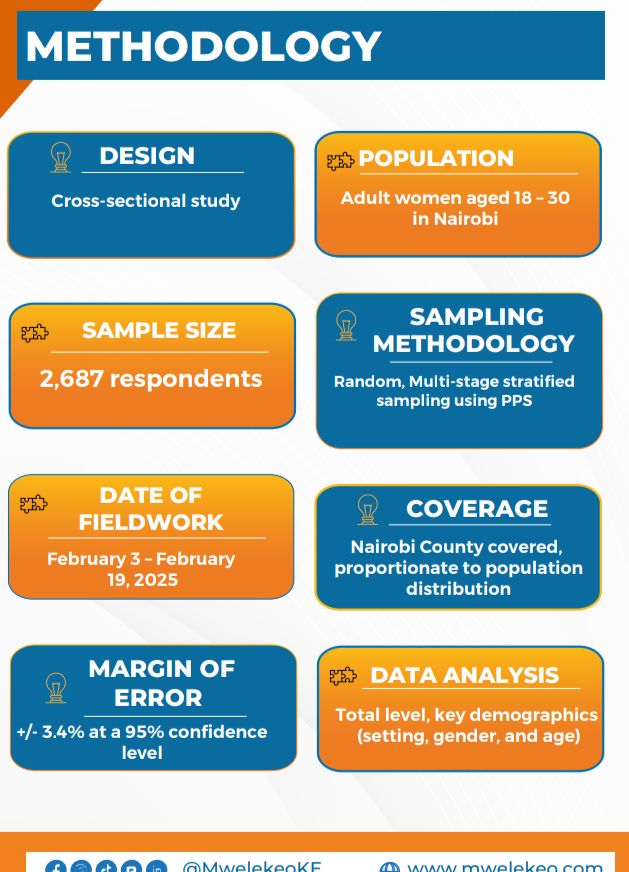
They worry that once married, they might lose control over their decisions and daily lives. Many have seen examples of women who had to sacrifice their careers or personal ambitions for the sake of marriage and family, and they don’t want to go down the same road.
They want relationships where both partners respect each other’s freedom and ambitions. For those who are open to marriage, the study found that they prefer to settle down later in life.
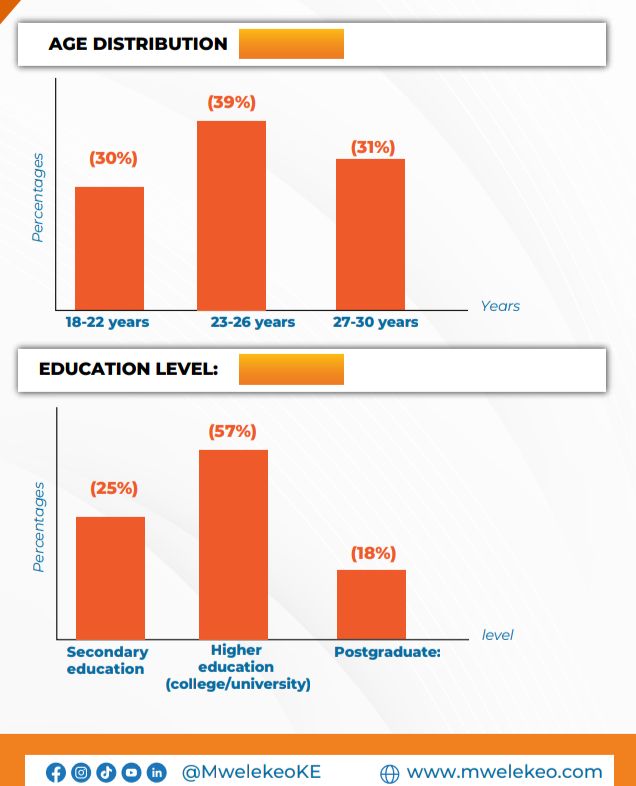
About 45% said they would consider marriage between the ages of 28 and 30, while 37% preferred to marry after 30. This shows that women are no longer feeling pressured to marry early.
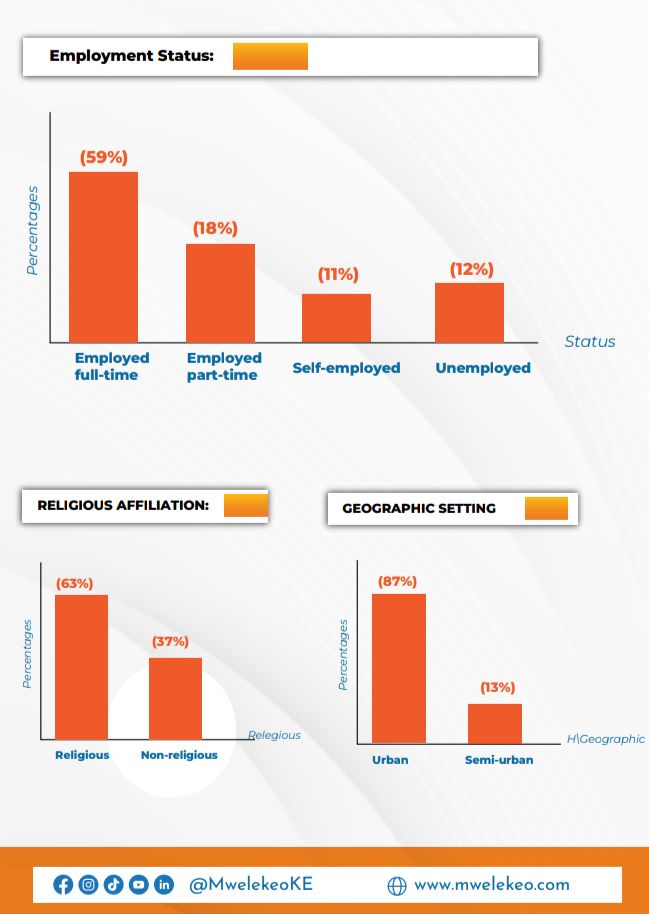
Instead, they want to focus on building their careers, achieving financial stability, and enjoying their youth before committing to marriage.
Career growth and financial independence were also key concerns.
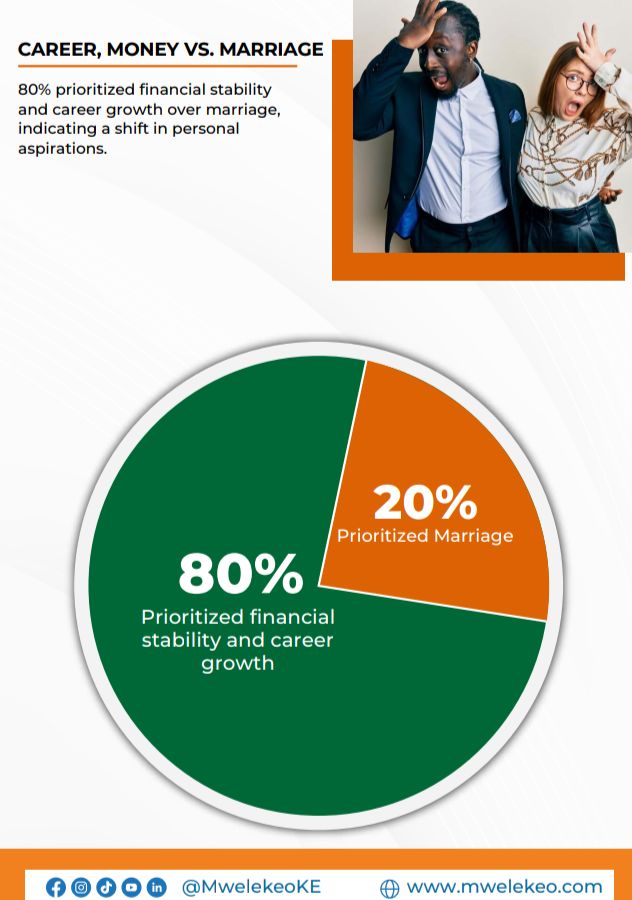
A huge 80% of the women said they value career success and economic stability in marriage. Unlike in the past, when many women depended on their husbands financially, today’s women want to be self-sufficient.
They are looking for partnerships where both individuals contribute equally, rather than relationships where one person is the main provider.
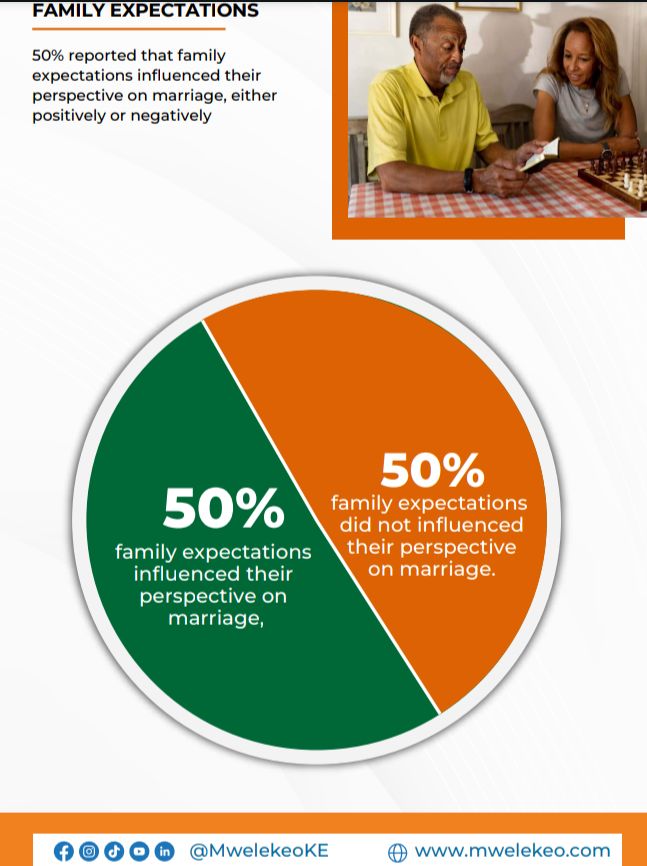
Interestingly, the study also revealed that attitudes toward polygamy are changing. Around 51% of the women said they would be open to polygamous unions if they provided financial benefits.
This suggests that some women are approaching marriage in a more practical way. Instead of focusing only on love, they are considering economic security as an important factor in choosing a partner.
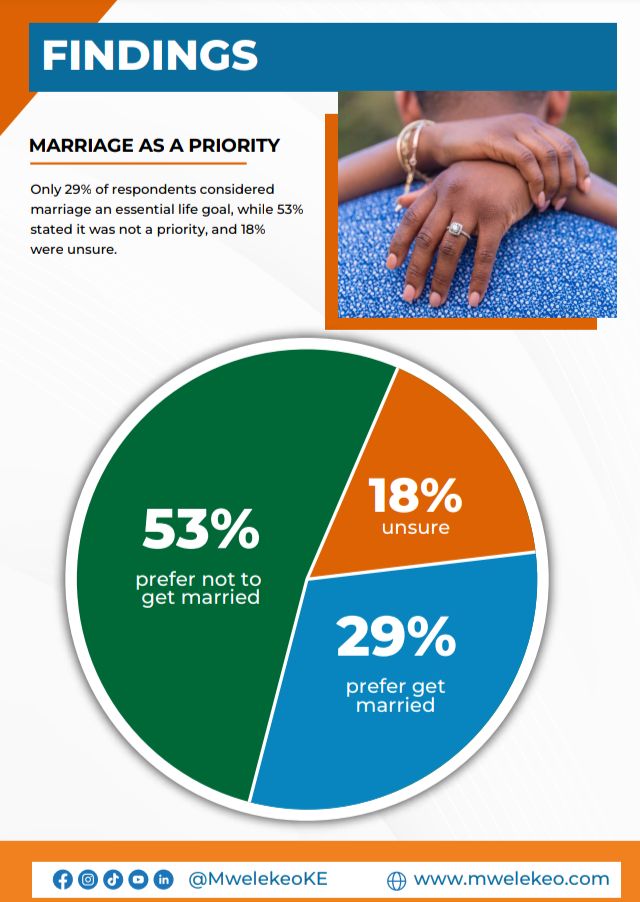
Religion still plays a role in shaping women’s views on marriage. About 53% of the respondents said their religious beliefs influence their perspective on marriage.
This means that while many women are embracing modern views, their faith still guides some of their decisions.
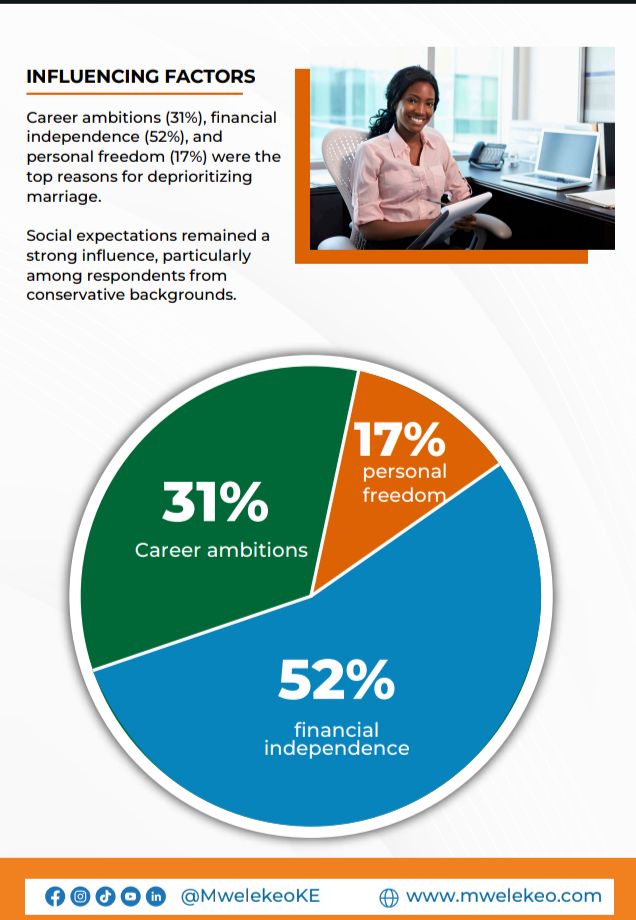
Education and employment status also play a big role in how women view marriage. The study found that 67% of highly educated and employed women were less interested in marriage compared to only 33% of their less-educated counterparts.
This shows that women who are financially stable and have strong careers feel less pressured to get married. They have the freedom to make choices that are best for them rather than following societal expectations.
These findings reflect a broader trend in Nairobi, where more young people are delaying marriage or choosing to cohabit instead. Economic pressures, changing social norms, and shifting gender roles are all influencing how relationships are formed.
Many women now see marriage as an option rather than a necessity.In the end, it is clear that attitudes toward marriage among young women in Nairobi are evolving.
Many are choosing to focus on personal growth, financial independence, and career success before considering marriage. While some are still open to marriage, they are doing so on their own terms, without feeling pressured by traditional expectations.
This shift shows how society is changing, and it will be interesting to see how these trends continue to develop in the coming years.





















Add Comment